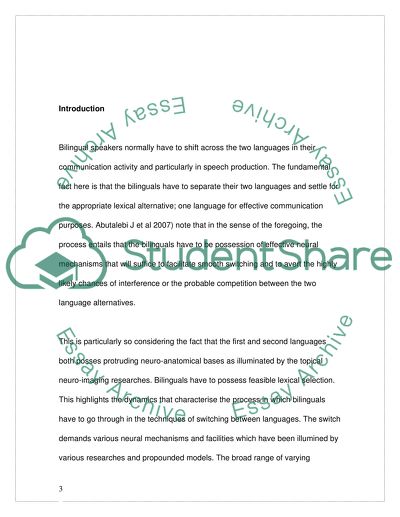Cite this document
(“The Cost of Language Switch of Bilinguals Essay”, n.d.)
The Cost of Language Switch of Bilinguals Essay. Retrieved from https://studentshare.org/miscellaneous/1511782-the-cost-of-language-switch-of-bilinguals
The Cost of Language Switch of Bilinguals Essay. Retrieved from https://studentshare.org/miscellaneous/1511782-the-cost-of-language-switch-of-bilinguals
(The Cost of Language Switch of Bilinguals Essay)
The Cost of Language Switch of Bilinguals Essay. https://studentshare.org/miscellaneous/1511782-the-cost-of-language-switch-of-bilinguals.
The Cost of Language Switch of Bilinguals Essay. https://studentshare.org/miscellaneous/1511782-the-cost-of-language-switch-of-bilinguals.
“The Cost of Language Switch of Bilinguals Essay”, n.d. https://studentshare.org/miscellaneous/1511782-the-cost-of-language-switch-of-bilinguals.


